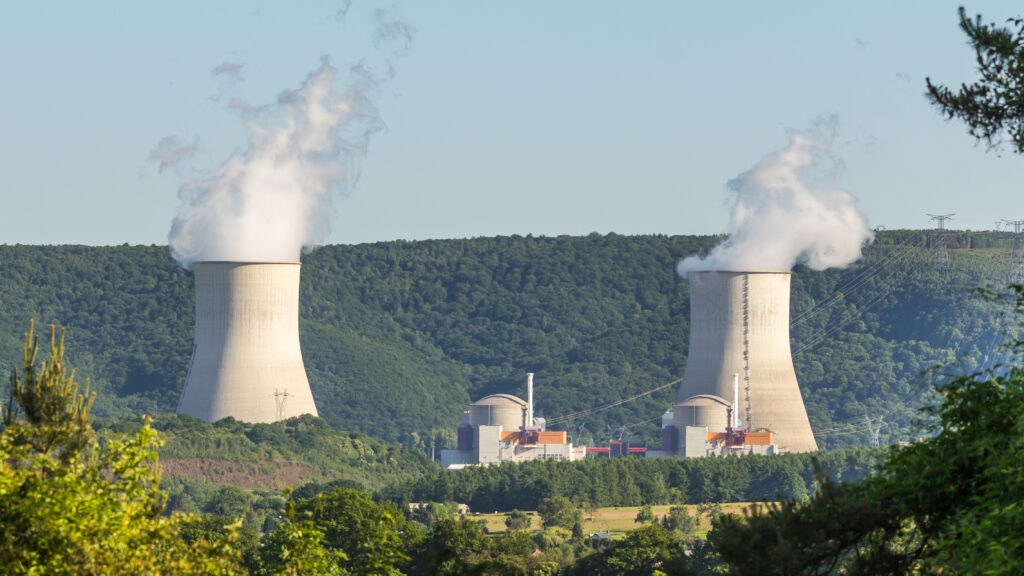The German government is facing accusations of violating EU law by exporting depleted uranium to Russia, for which the European Commission may initiate legal proceedings against Germany.
Depleted uranium can be processed and made into projectiles, like bullets. Due to the high density of the material, projectiles made out of depleted uranium are very effective at penetrating targets like armoured vehicles.
Two German Members of Parliament, Sylvia Kotting-Uhl and Oliver Kirschner, have called on the Commission to determine whether Germany has violated the EU sanctions against Russia, according to a letter seen by EURACTIV.
The sanctions were installed after the annexation of Ukraine’s Crimea in 2014. Following the sanctions, it is illegal to export goods that can be used for both military and non-military purposes (dual-use goods) to Russia.
The German depleted uranium was exported from the URENCO company in Westphalia to Russia.
In Russia, the uranium was transported to Novouralsk, a city that has been closed off to the outside world. During the Soviet era, Novouralsk produced nuclear weapons in secret.
In 2019, a report by the German Federal Office of Economics and Export Control (BAFA) concluded that the uranium would only be used for civilian end-use.
Last week, however, European law legal expert Bernhard Wegener from the University of Erlangen/Nuremberg reported that the German government has no way of knowing where the exported uranium was taken to, or what it is being used for.
On Wednesday, Germany’s Foreign Minister Heiko Maas threatened to increase sanctions against Russia if it did not support the investigation into the poisoning of Russian anti-corruption activist Alexei Navalny.
Amée Zoutberg
The Brussels Times

